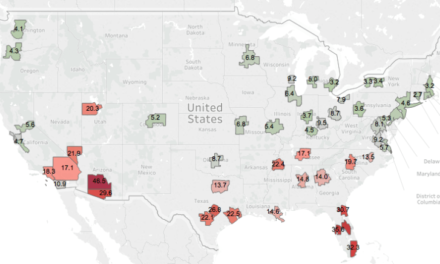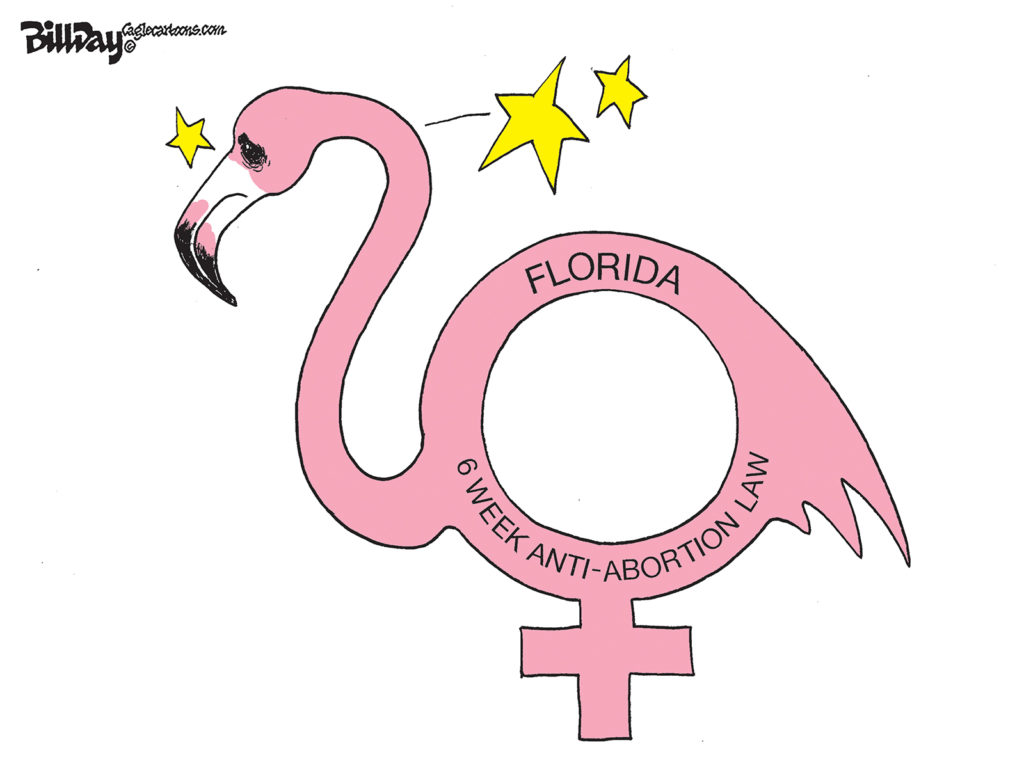By Steve Mulroy
Much media commentary on the school merger debate discusses the “uncertainties” involved. But what’s remarkable is how much has become certain about the few really important things voters need to know. On the key issues of transition, governance and taxation, we know the important stuff.
— There will be no “chaos.” Early on, opponents of the merger of Memphis City Schools and Shelby County Schools decried the alleged lack of a postreferendum transition plan. There were hundreds of details to be worked out, we were told; we risked chaos if we went forward.
But that issue is effectively gone, thanks in part to the Republican legislators in Nashville. We now know there will be more than a year of transition, an expert planning commission, and gradual implementation of consolidation.
Under the recently passed state legislation backed by Sen. Mark Norris and Rep. Curry Todd, actual merger would wait 21/2 years. During that time, a transition planning commission would work out all the necessary details. Under a rival transition plan passed by the Shelby County Commission (which would appoint interim unified school board members to carry out its plan), the merger would take 11/2 years, and the planning commission would have more Memphis representation.
So, whichever plan a court decides will govern the issue, we know that we’ll take our time and have experts plan the details. No chaos.
— There will be no surrender of power to the suburbs. Opponents have long claimed a “yes” vote would turn control of MCS over to a suburban school system that could abolish optional schools, revoke charter schools, fire employees en masse, and who knows what else? It’s too risky, they said: too many unknowns.
Another dead issue.
Under the Norris/Todd legislation, the MCS board would continue to run Memphis schools for 21/2 years, at which point a unified school board would be elected from the whole county, including Memphis. Because Memphians are about 75 percent of the county’s population, Memphis would have a majority on the unified board. This majority wouldn’t permit suburban officials to swing a meat cleaver at popular Memphis programs.
Under the County Commission’s alternate plan, this unified school board would come into existence within weeks of the vote, and would serve the same safeguarding function.
Either way, the current county school administration will never have an opportunity to run Memphis schools without the check and balance of Memphis input.
— There will be a net tax benefit to Memphis. Opponents claim a merger’s effect on county taxes is too uncertain. But the effect on Memphis taxes is pretty well known. A “yes” vote would lower Memphis taxes by eliminating the current double taxation of Memphians to support MCS. (Currently, Memphians pay county taxes to support MCS and SCS, plus an extra city tax just to support MCS.) Even ardent merger opponents have admitted as much in public statements. The City Council may or may not spend part of the $78 million annual savings, but at least some of it will lower Memphis taxes.
Even if the County Commission picks up some part of Memphis’ $78 million annual contribution to shore up school funding, Memphis taxpayers still gain. This formerly Memphis-only tax burden would then be spread over a wider tax base. County taxes might go up, but Memphis taxes would go down more, with a net benefit to Memphis.
Want more good news? Pessimists claim that by allowing the suburbs to ask Nashville for “special school district” status in 21/2 years, the Norris/Todd law is setting a merger up to fail. But even if the suburbs get special school districts three years down the road — and there are good reasons to doubt they will — they will still have to pay into the countywide general fund for education, as long as Memphians surrender the MCS charter now, while we can. At that point, it will be the suburbs that are double-taxed, not Memphians. This last point is largely undisputed among the parties to the debate.
So, taxation-wise, the postmerger worst- case scenario is not all that bad. Indeed, it’s far better than the no-merger worst-case scenario, in which SCS gets special school district status and stops contributing to education countywide. Under that (ultimately unsustainable) scenario, Memphis stands alone, forced to educate 70 percent of the county’s students with only 60 percent of its property values. Want to avoid that risk? Vote “yes.”
Memphians can vote with certainty. It’s also certain that the status quo needs improvement, and that merger is a great opportunity to improve education.
Opponents had taken to saying, “If you don’t know, vote ‘no’.” But now that the big issues have been resolved, proponents can say, “You don’t have to guess — vote ‘yes’!”
Steve Mulroy represents District 5 on the Shelby County Board of Commissioners and is a member of the pro-merger organization Citizens For Better Education.





Thank you Commissioner for once again explaining the issues and the impacts of the merger of school systems succinctly and without prejudice. I wish that all voters have the opportunity to read your thoughts before the final vote tomorrow.
Just for the record – if by some chance SCS is granted special school district status after the planning period, please let’s not forget Shelby County Growth Plan (Chapter 1101) which was adopted by all municipalities and the County in 1998. The Plan, among other extremely important environmental, growth and economic issues, set out the annexation reserve territories for all communities. As dictated by State law, MCS’s superintendent at the time served on the committee that oversaw the plan. So did reps. of the municipalities and the County. SCS had the opportunity to weigh in on the policies at every turn.
Under NO circumstances should the SCS be allowed to encroach into Memphis’ reserve areas. In the end this would be a disaster for the economic future of Memphians and would definitely negatively impact any gains that might be made in terms of tax savings as a result of the merger.
A strong YES vote is needed for Memphis.
Thank you Mr. Mulroy for once again presenting the facts in a clear and straight forward manner.